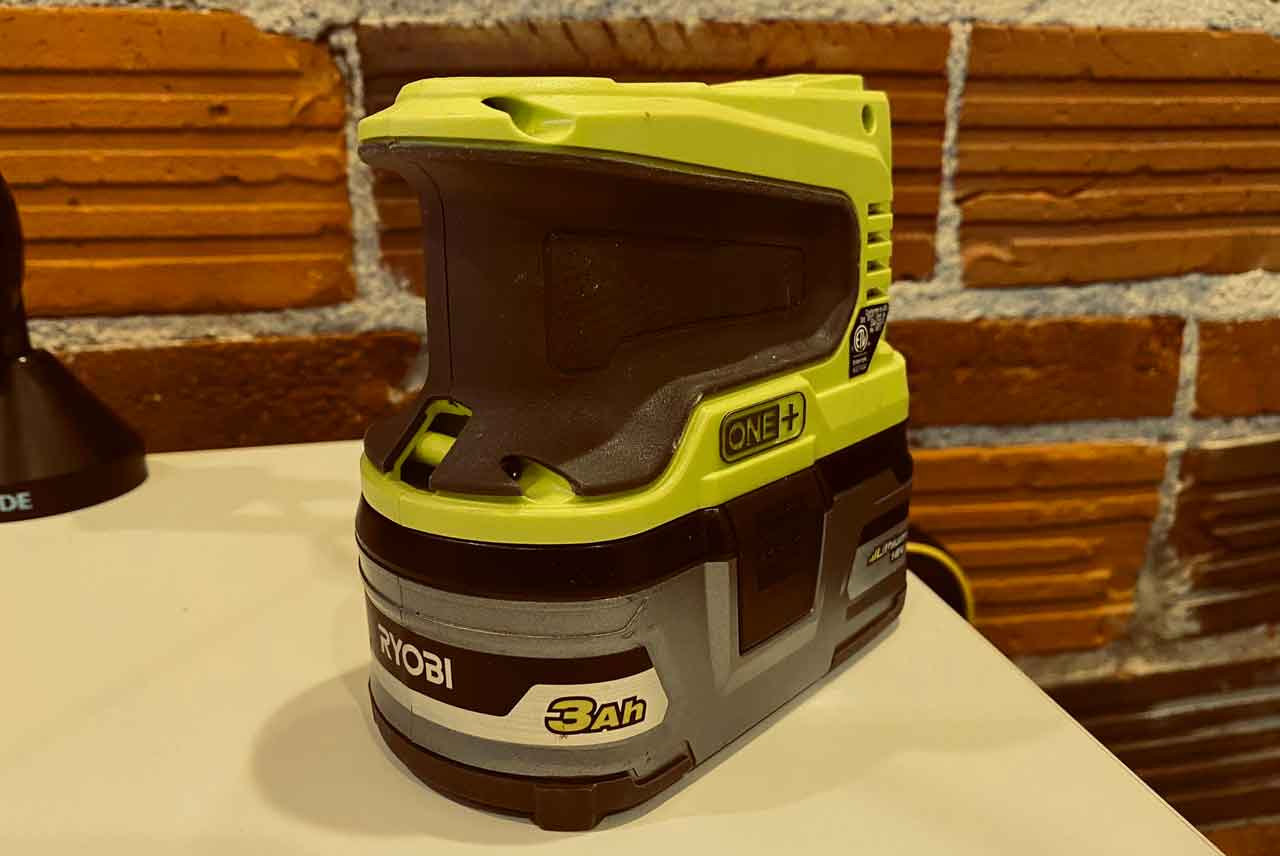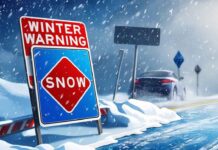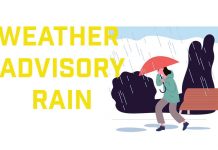Nolalu – UPDATE – Nolalu Fire Rescue and First Response is taking the lead ahead of a wet weather forecast due to a Colorado Low targeting the region.
The Nolalu Fire Rescue states that “Heavy rain combined with melting snow will make for a wet messy day. Combined with the frozen ground this has the potential to become a significant flooding event.
“If you live in an area that is prone to flooding, or has been limited access in the past due to potential flooding roadways, now is the time to be making preparations”.
Whether those preparations are to stay home, or evacuate, planning ahead is essential to make sure that you and your family are safe.
Steps you can take now
- Make sure you are stocked up on food, water, and essentials
- Prepare a go bag if you think you may need to evacuate. This should include copies important documents that you may need
- Make sure you know alternate routes to and from your house should one become impassable
- If the roadways become flooded do not cross them. They are unsafe and there is no safe way to gauge how much water is present
For people without a back-up generator, it meant sitting in the dark, unless they had a supply of candles or a couple of flashlights.
While having a generator would be great, there are also other options.

Ryobi for example has a power inverter that works with the same Ryobi batteries that their line of 18+ tools use. This lets you keep your phone charged, and can also run your laptop computer, although likely not for all that long depending on the use.
Those same Ryobi batteries that power your tools can also keep their LED lights going.
The company also makes a 18V ONE+ Portable Power Source that allows you to plug in two USB devices and keep them charged.
While many people have stepped away from having a portable radio, shifting over to their smartphone, having a weather radio or an AM / FM radio powered either by a hand crank or with a good supply of batteries is a good way to keep up on the latest information you need to know.
With younger children, having no television or access to the Internet could also create issues. Planning for an emergency could be as simple as playing ‘old-fashioned’ board games once a week. Keeping a routine, so if the power is off you can keep the kids busy is always a positive step.
If you have a propane or charcoal fired barbecue, you have a means to cook hot meals. Make sure YOU do not bring those flame fired items into the home, carbon monoxide can be a deadly issue.
Basic emergency kit
Start thinking about what YOU would need for a 72-hour weather emergency. Planning an emergency kit for your home will ensure YOU have the basics.
- Water – at least two litres of water per person per day; include small bottles that can be carried easily in case of an evacuation order
- Food that won’t spoil, such as canned food, energy bars and dried foods (replace food and water once a year)
- Manual can-opener
- Crank or battery-powered flashlight (and extra batteries). Replace batteries once a year.
- Crank, battery-powered radio (and extra batteries) or Weatheradio
- First aid kit
- Extra keys to your car and house
- Some cash in smaller bills, such as $10 bills and change for payphones
- A copy of your emergency plan and contact information
- If applicable, other items such as prescription medication, infant formula, equipment for people with disabilities, or food, water and medication for your pets or service animal (personalize your emergency kit according to your needs)
Recommended additional items
- Two additional litres of water per person per day for cooking and cleaning
- Candles and matches or lighter (place candles in deep, sturdy containers and do not burn unattended)
- Change of clothing and footwear for each household member
- Sleeping bag or warm blanket for each household member
- Toiletries
- Hand sanitizer
- Utensils
- Garbage bags
- Toilet paper
- Water purifying tablets
- Basic tools (hammer, pliers, wrench, screwdrivers, work gloves, dust mask, pocket knife)
- A whistle (in case you need to attract attention)
- Duct tape (to tape up windows, doors, air vents, etc.)
If you think your water is contaminated, check with your municipality or local authorities for details. When in doubt, do not drink water you suspect may be contaminated.
Keep some cash on hand, as automated bank machines and their networks may not work during an emergency. You may have difficulty using debit or credit cards.
While there isn’t much you can do about that, having a working plan, the needed supplies and the awareness to have your family aware of that plan can be a really great way of having peace of mind.








